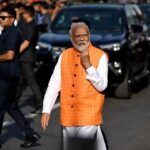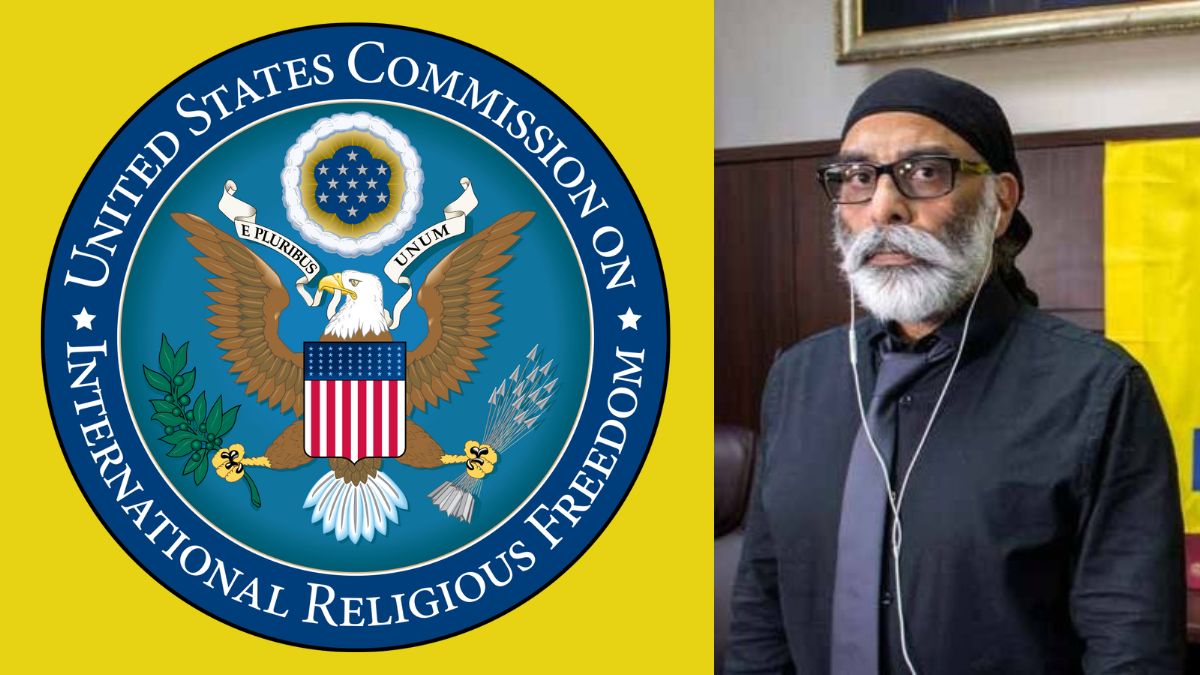Washington, D.C., – A controversial report by the United States Commission on International Religious Freedom (USCIRF) has accused India’s external intelligence agency, the Research and Analysis Wing (RAW), of orchestrating targeted assassinations of Sikh separatists abroad. The report, which has sparked diplomatic tensions, calls for sanctions against RAW officials allegedly involved in these operations.
The allegations come amid growing scrutiny over India’s alleged extraterritorial actions against Khalistani activists in countries like Canada, the UK, and Australia. This development could further strain India-US relations, already under pressure due to recent incidents, including the Canada-India diplomatic row over the killing of Hardeep Singh Nijjar.
Key Allegations in the USCIRF Report
The USCIRF, a bipartisan U.S. federal government commission, released a scathing 50-page report claiming:
- RAW’s Involvement in Targeted Killings – The report cites intelligence inputs and unnamed sources alleging that RAW operatives have been involved in the elimination of high-profile Sikh separatists in Western nations.
- Links to Nijjar’s Assassination – References Canada’s allegations that Indian agents were involved in the June 2023 killing of Hardeep Singh Nijjar, a designated terrorist in India but a prominent Khalistani figure in Canada.
- Surveillance and Harassment – Accusations that Indian intelligence has monitored Sikh activists in the U.S., UK, and Germany, with some facing threats.
- Call for Sanctions – The USCIRF has urged the Biden administration to impose Magnitsky-style sanctions on RAW officials allegedly linked to these operations.
India’s Strong Denial and Diplomatic Backlash
The Indian government has vehemently rejected the allegations, calling them “baseless and politically motivated.”
- MEA Statement: The Ministry of External Affairs (MEA) stated that “India is a democratic nation that adheres to international law” and dismissed the report as “interference in internal affairs.”
- RAW’s Silence: RAW, which operates under deep secrecy, has not officially commented, but security experts suggest the claims are “exaggerated and unverified.”
- Diplomatic Fallout: The report could complicate India-US strategic ties, especially amid ongoing defense and tech collaborations.
Canada’s Earlier Allegations & Five Eyes Intelligence
The USCIRF report follows Canada’s explosive claim in September 2023 that Indian agents were behind the shooting of Hardeep Singh Nijjar in British Columbia. Prime Minister Justin Trudeau had publicly accused India, leading to a major diplomatic crisis.
- Five Eyes Intelligence Links: Reports suggest that U.S., UK, and Australian agencies shared intelligence with Canada, hinting at broader concerns over RAW’s alleged operations.
- India’s Counter-Claim: New Delhi insists Nijjar was a terrorist with ties to Pakistan’s ISI, wanted in India for attacks on security forces.
Will the U.S. Act on USCIRF’s Recommendations?
While the USCIRF is influential, it does not set U.S. policy. The Biden administration has so far avoided direct accusations against India, focusing instead on strengthening bilateral ties.
- State Department’s Stance: The U.S. has previously said it “takes allegations seriously” but has not confirmed any Indian involvement.
- Possible Sanctions? If imposed, sanctions could target specific RAW officials, but analysts believe the U.S. will likely avoid drastic measures to preserve strategic relations.
Global Reactions & Khalistani Groups’ Response
- Pro-Khalistan Outfits: Groups like Sikhs for Justice (SFJ) have welcomed the report, calling for “justice against Indian aggression.”
- UK & Australia’s Concerns: Both nations have seen protests by Sikh groups demanding investigations into alleged Indian spy activities.
- India’s Counter-Narrative: The Indian government has repeatedly labeled Khalistani activists as extremists, accusing them of funding terrorism from foreign soil.
Legal & Ethical Implications
If proven, the allegations could have serious repercussions:
- Violation of Sovereignty: Extraterritorial assassinations, if true, breach international law.
- Intelligence Warfare: May lead to counter-espionage actions against Indian spies abroad.
- Impact on Diaspora Relations: Could deepen distrust among the Sikh diaspora and Indian authorities.
Conclusion: A Test for India-US Relations
The USCIRF report adds fuel to an already sensitive issue. While India denies any wrongdoing, the allegations could impact its global standing. The U.S. faces a dilemma—balancing human rights concerns with strategic interests in countering China alongside India.
As investigations continue, the world watches whether these claims will lead to real diplomatic consequences or fade amid geopolitical realignments.




































